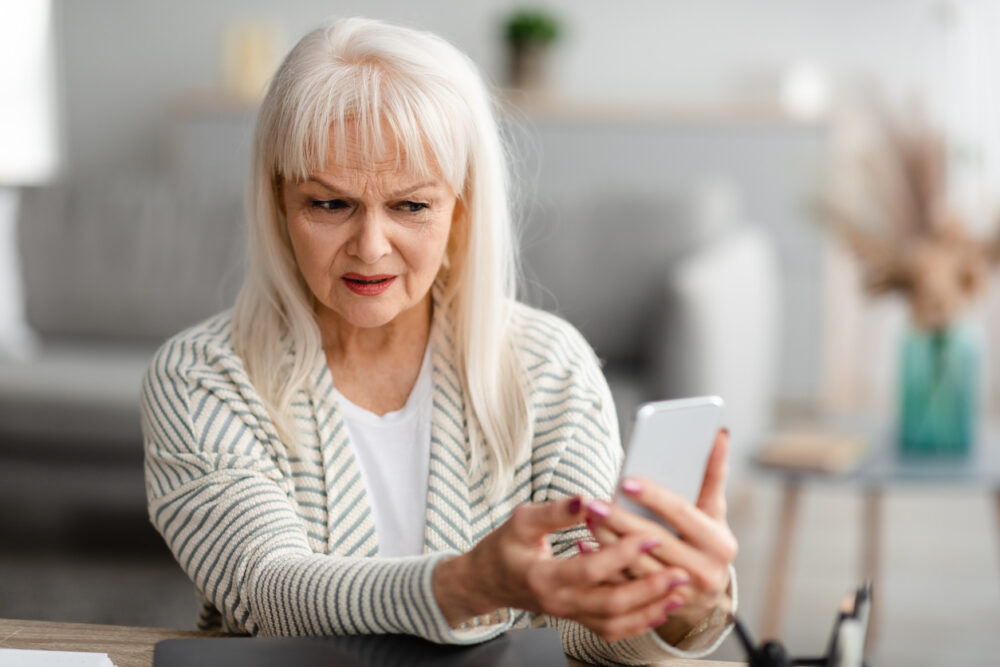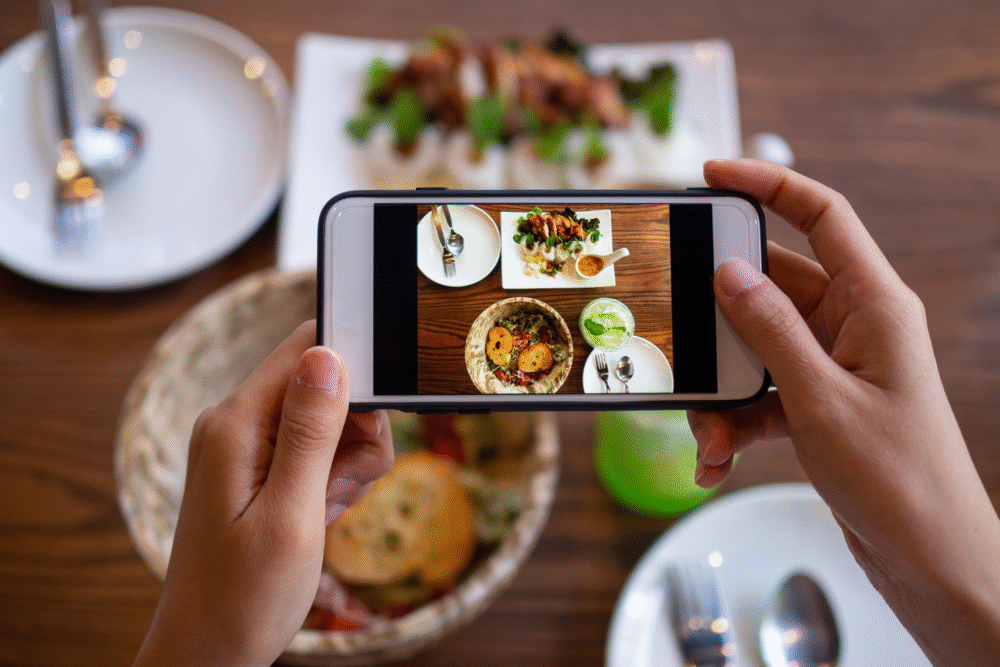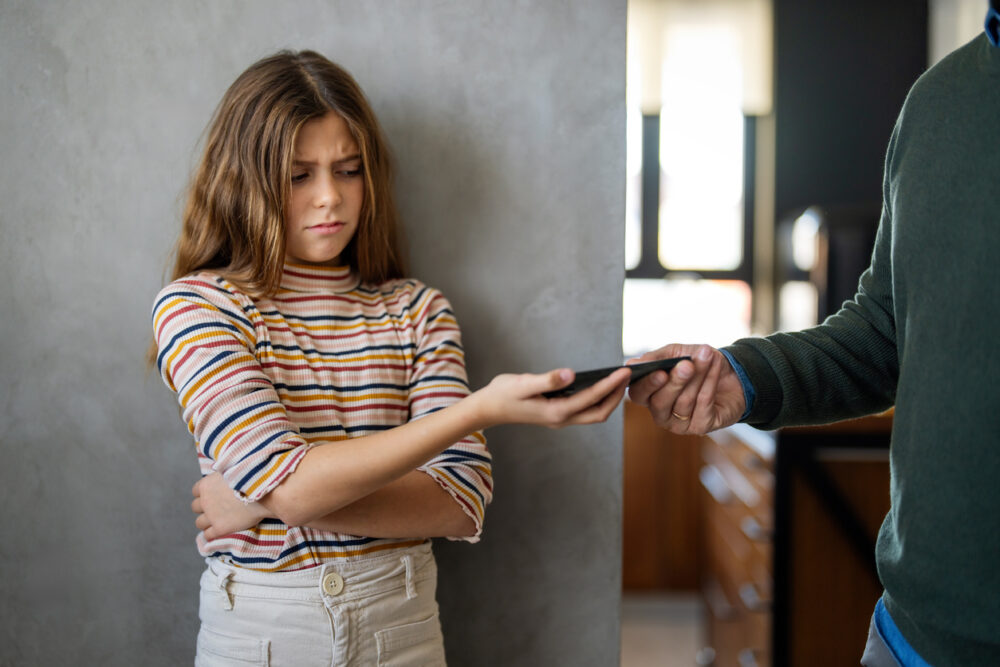An honest reckoning with the digital world: signs you might be losing control.

In the constant, buzzing stream of our digital lives, social media has evolved from a simple tool for connection to a powerful, often overwhelming presence. While it offers a window to the world and a platform for community, it also has the potential to become a consuming force, quietly eroding our well-being. Acknowledging that our relationship with social media might be unhealthy isn’t a sign of weakness; it’s a critical first step toward reclaiming our time and our mental space.
This is a quiet but pervasive struggle, and recognizing the signs that we’re losing control is the most important step we can take toward a healthier, more balanced life. It’s time for an honest look at our habits and a conscious decision to break free.
1. You feel anxious or irritable when you’re not connected.

If the thought of being away from your phone or social media channels for even a short period fills you with anxiety, it could be a sign that you have become overly reliant on these platforms. The fear of missing out, or FOMO, is a powerful driver of this behavior, creating a constant need to check in and see what’s happening online.
This anxiety can manifest as a constant low-level stress, and it can disrupt your ability to focus on the present moment. It’s a clear signal that your happiness and peace of mind have become tethered to your digital connection.
2. Your first and last action of the day is checking social media.

The first thing you do in the morning sets the tone for your entire day. If you immediately reach for your phone to scroll through social media before even getting out of bed, you’re starting your day with a dose of comparison and external information. Similarly, if your last action before sleep is a final scroll, you’re ending your day with a chaotic influx of information.
This habit can disrupt your sleep cycle and prevent you from engaging in more mindful morning or evening routines, like meditation or reading. It’s a powerful indicator that social media has become an automatic, unthinking part of your life.
3. Your self-esteem is tied to likes and comments.

If your mood and self-worth fluctuate based on the number of likes, comments, or shares your posts receive, social media may have a greater hold on you than you realize. When we rely on external validation to feel good about ourselves, we are giving away our power to others and a platform that thrives on engagement.
This can create a dangerous cycle where we post things specifically to get a reaction, rather than to genuinely share our lives. When our sense of value is tied to these metrics, we’re constantly on an emotional roller coaster, and our self-worth becomes incredibly fragile.
4. You find yourself scrolling mindlessly for hours.

We’ve all been there—you open an app for a quick minute and suddenly an hour or more has passed. If this happens to you regularly, it’s a sign that you are not consciously choosing to be on the platform. The endless scroll is designed to keep you engaged, and it can be incredibly difficult to break away from this cycle of mindless consumption.
This mindless scrolling steals away valuable time that could be spent on hobbies, with loved ones, or simply on quiet reflection. It’s a form of escapism that can leave you feeling empty and unfulfilled once you finally put your phone down.
5. You compare your life to others and feel inadequate.

Social media is a highlight reel, and comparing your daily struggles to someone’s perfectly curated feed is a surefire way to feel bad about yourself. If you constantly find yourself feeling inadequate, jealous, or unhappy after spending time on social media, it’s a powerful sign that the platforms are having a negative impact on your mental well-being.
This constant comparison can erode your self-confidence and make you feel as though your own life is not enough. It’s a trap that is easy to fall into, and it’s one of the most damaging aspects of an unhealthy relationship with social media.
6. You’re neglecting real-life relationships and responsibilities.

When you’re with friends or family, are you constantly checking your phone? Are your real-life responsibilities, like work or school, falling by the wayside because you’re spending too much time online? If your digital life is taking precedence over your real one, it’s a clear red flag.
An unhealthy relationship with social media can prevent you from being present with the people who matter most and can cause you to neglect important duties. True connection and fulfillment come from real-life interactions, not from a screen.
7. You feel a constant need to share every moment.

If you find yourself constantly thinking about how you can turn every moment of your life—from a beautiful sunset to a simple dinner—into a post for social media, you might be struggling with a compulsion to share. This behavior can prevent you from simply enjoying the moment for what it is, as you’re always thinking about how it will be perceived online.
This constant need to document and share can take you out of the present moment and into a mindset of performance. It’s a sign that you might be more concerned with external validation than with the internal experience of your own life.
8. You’ve tried to cut back but can’t.

If you’ve made a conscious effort to reduce your social media usage but have found yourself unable to stick with it, it may be a sign of a more serious issue. The inability to control your use of a platform, despite a desire to do so, is a key indicator of a potential addiction.
Breaking free from an unhealthy relationship with social media can be challenging, but it’s not impossible. Recognizing this inability to cut back is the first step toward seeking help and finding new strategies to regain control of your digital habits.
